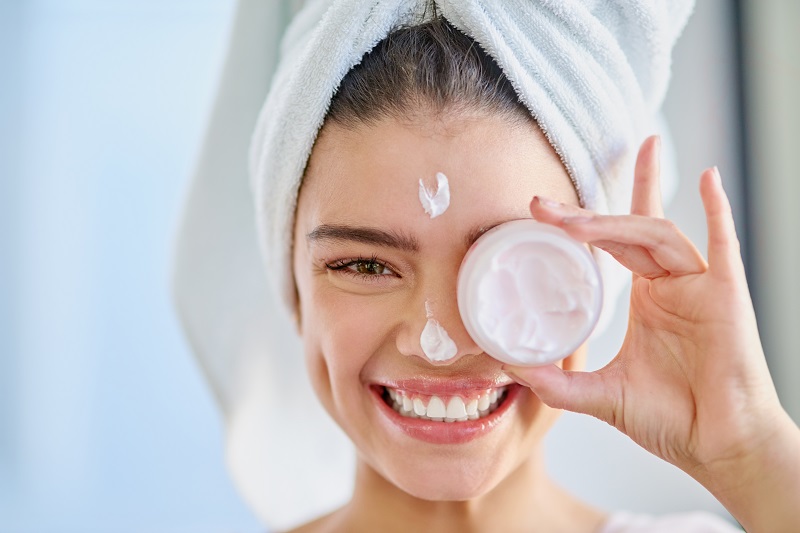Index Surge: Amplifying Your Insights
Stay updated with the latest trends and news across various industries.
Moisturizer Myths That Are Thirsty for the Truth
Uncover the truth behind common moisturizer myths. Don't let misconceptions dry out your skincare routine! Click now for the hydration facts!
Debunking Common Moisturizer Myths: What You Need to Know
When it comes to skincare, myths about moisturizers are pervasive and can lead to confusion about effective routines. One common misconception is that moisturizers are only necessary for dry skin. In reality, all skin types, including oily and combination skin, require hydration. The key is to choose the right formula; for instance, lightweight gels are excellent for oily skin, while creamier formulas may benefit dry skin types. By debunking this myth, individuals can better tailor their skincare routines to maintain healthy, balanced skin.
Another myth frequently encountered is that using more moisturizer means better hydration. This is simply not true. Excess product can lead to clogged pores and worsen skin issues rather than improve them. Instead, focus on using the right amount and applying it effectively. A pea-sized amount is often sufficient for best results. Remember, the goal is not to overload your skin, but rather to create a protective barrier that locks in moisture without overwhelming it.

Are Expensive Moisturizers Really Worth It? The Truth Revealed
When it comes to skincare, the price of a moisturizer can often raise eyebrows. Many people wonder, are expensive moisturizers really worth it? While it's tempting to assume that a high price tag guarantees superior quality, the reality is more nuanced. Ingredients play a crucial role in determining a product's effectiveness, but price doesn't always correlate with efficacy. Some luxury brands market their products with premium packaging and celebrity endorsements, which can lead consumers to believe they are purchasing something extraordinary. However, many affordable options deliver similar results, making it essential to look beyond the price.
To assess whether a high-end moisturizer is truly worth the investment, consider the specific needs of your skin. Expensive moisturizers often contain unique ingredients like probiotics, rare botanical extracts, or advanced peptides that may offer additional benefits. If your skin has specific concerns, such as extreme dryness or aging, a rich formula may provide the necessary hydration and nourishment. However, it’s critical to research and understand the ingredients list and their benefits before committing to a pricey product. Ultimately, the decision comes down to personal preference, skin needs, and budget rather than just the cost alone.
Moisturizer Myths: Does Oily Skin Need Moisturizer Too?
Many people believe that if they have oily skin, using a moisturizer is unnecessary or even counterproductive. However, this is a common misconception. In reality, all skin types, including oily skin, require hydration to maintain a healthy balance. When oily skin lacks moisture, the body may compensate by producing even more oil, leading to a vicious cycle of oiliness and potential breakouts. Therefore, investing in a lightweight, oil-free moisturizer can help regulate oil production while providing essential hydration.
It's important to understand that the term 'moisturizer' does not solely mean adding moisture; it also involves locking in the moisture already present in the skin. For individuals with oily skin, hydration is key, and choosing the right product is crucial. Look for moisturizers that are non-comedogenic and formulated with ingredients like hyaluronic acid or gel-based formulas that hydrate without adding excess oil. By debunking this myth and embracing a tailored skincare routine, those with oily skin can achieve a balanced, healthy complexion.